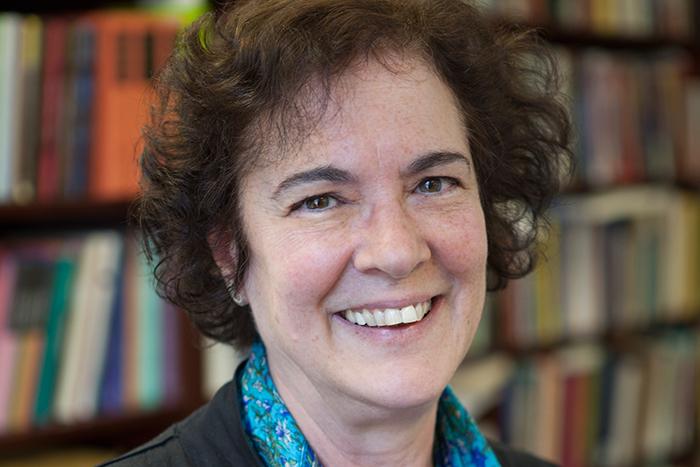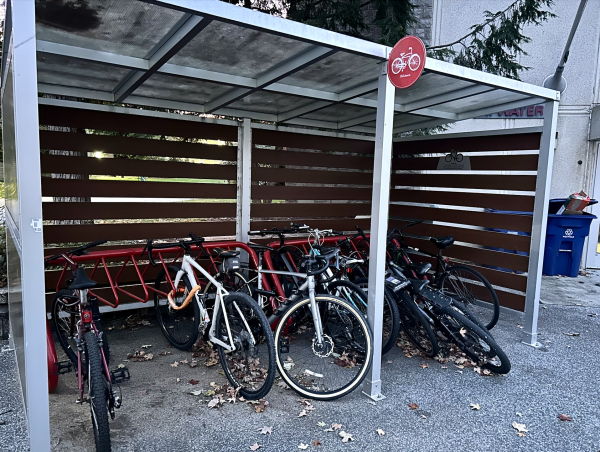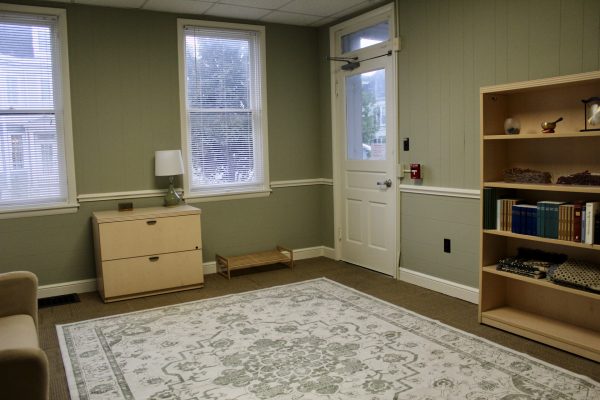Columbia Professor Discusses Muslim Women’s “Right to Choose Freely”
Columbia Professor Lila Abu-Lughod addressed perceptions of freedom and oppression in front of 250 people on Tuesday Feb.28 in her Clarke Forum lecture “Muslim Women and the “Right to Choose Freely.”
The event opened with an introduction from Clarke Forum Student Project Manager Leda Fisher ’19. She discussed the Western construction of choice and how the West regards the lives of Muslim women.
Fisher described Abu-Lughod as a “postcolonial feminist scholar” from Columbia University. She is the author of “Do Muslim Women Need Saving?” and “Veiled Sentiments: Honor and Poetry in a Bedouin Society.”
Over her hour-long presentation, Abu-Lughod built an argument, questioning the true meaning of choice and what clothing has to do with freedom. After discussing the current context of the situation, addressing the controversy regarding burkinis to the rise of islamophobia in the United States, she divided her discussion into two general topics of choice: veiling and marriage.
Abu-Lughod posed the question: “What does clothing have to do with freedom?” Choice has become a “key symbol in the culture wars” to justify everything from border control to invasion, she said. She also discussed the problems with the “as told to” novels documenting instances of abuse towards specific Muslim women, stories written by potentially unreliable writers.
These stories, according to Abu-Lughod, can work at an emotional level to convince readers that Muslim women have little agency, while the reality may be much different.
She also quoted other feminist scholars and introduced different organizations whose missions relate to her work.
Attendees included students, faculty, and Carlisle community members.
Rachel Gross ’19 maintained that “The talk by Abu-Lhughod was truly thought provoking. It is easy to equate freedom with choice, but her nuance to this idea made me realize that so much choice is out of our hands and does not have to do with our appearance and how we present ourselves,” she said. “Judging Muslim women’s freedom by the presence or absence of a hijab does not get at the core of their agency.”
Stephanie Czmar ’19 stated “I thought the event was really interesting…it reinforced an idea that I already had about how Westerners can’t just decide that cultural practices are oppressive if they haven’t gained a full perspective on the culture.”
The event was part of the Clarke Forum’s Leadership in an Age of Uncertainty Series and was sponsored by the Clarke Forum, the Morgan Lecture Fund and the Churchill Fund.





